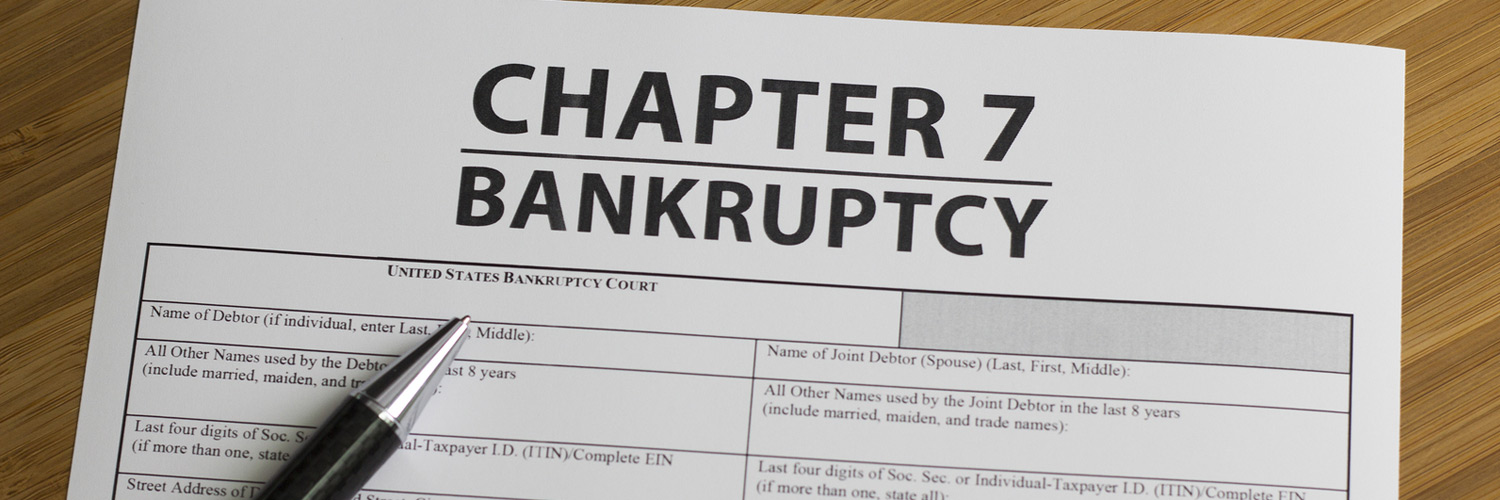
CHAPTER 7
Chapter 7 Bankruptcy: Liquidation
Court Filing Fee $335
Bankruptcy under Chapter 7 is designed for consumers with debts who are having a hard time financially and are unable to repay current debts. A person who has debts that are mostly personal, have what is called “consumer debts.” If your debts are largely “consumer debts” you will have to take a “test” of sorts . This test determines income, also known as “means.” It is designed to determine whether or not a Debtor qualifies for relief under Chapter 7. Whether or not someone should file Chapter 7 is more complicated than simply qualifying under the income test.
Things such as assets, and debts against them, are examples of factors to consider. However, these are in no way exhaustive. Someone who owns luxury property, but is currently earning low income may not be a good candidate for Chapter 7. One of the reasons is because luxury property may not be suitably protected.
The State of Missouri has special exemptions available that may be applied to any property as needed, up to a limit. Some states where you may only use specific exemptions on a specific property.
A trustee may have the right to take possession of and sell the remaining property that is not exempt and use the sale proceeds to pay some of the creditors. To determine whether or not you will qualify under Chapter 7, you need to contact an experienced Kansas City bankruptcy attorney for a free consultation.
Call NOW 816 287-8080
We Answer the Phone 24/7
Advantages:
- Fairly quick process, especially when compared to a Chapter 13
- Discharge received relatively quickly
- Credit card debts, loans without collateral (unsecured), payday loans, medical bills, deficiencies from foreclosures or repossessions, and certain taxes are eligible for Discharge
- Collections of debt, like garnishments, civil lawsuits for debt, repossession or foreclosure stopped in their tracks
Disadvantages:
- There is a possibility some of your assets may not be protected. To find out, you will need to contact RS Law to schedule your free consultation.
- Creditors have the ability to ask the Court that a specific debt be determined “nondischargeable.” Specifically if creditor claims the debt was incurred fraudulently; or involved theft. The creditor could also claim the debt resulted to a malicious and will injury; or arose from a breach of fiduciary duty. However, the Creditor must be able to back up this claim.
- No mechanism or system in place to help you get caught up on secured debts. Examples include: past-due mortgage payments or delinquent car payments.
